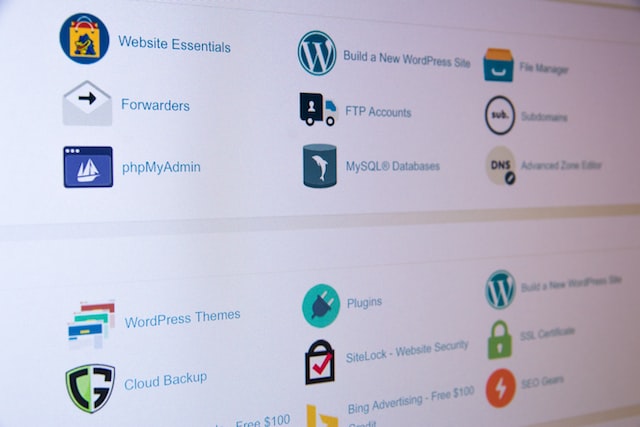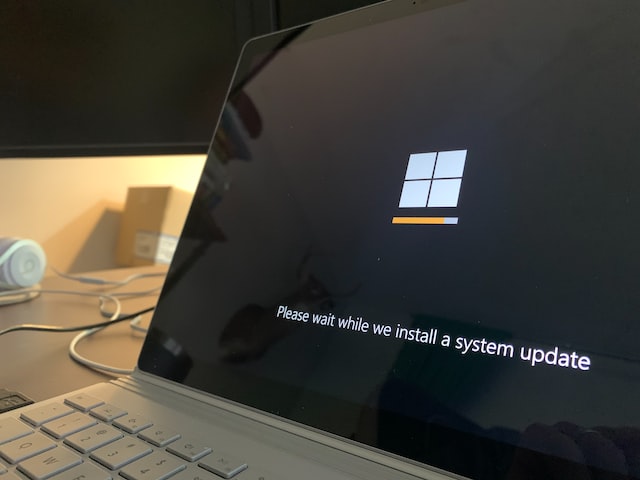
How to Use Your Computer Safely
How would you like to prevent computer viruses from infecting your system? Is it possible?
There are two types of virus infection: malware and spyware. Malware refers to malicious software designed to damage or steal data. Spyware refers to programs casino wild sultan installed without your knowledge. Both can be prevented using antivirus software and other protective measures.
A computer virus isn’t something new. Anyone who has ever worked with computers knows the pain they can cause. If you don’t want to get infected with a virus, follow these simple steps to stay safe.
How to Use Your Computer Safely
1. Avoid downloading files from unknown sources
Before saving a file onto your computer, make sure you know where the file came from. Many times, malicious websites appear legitimate by offering free riviera casino downloads. Once you click on a link, your browser automatically saves the file onto your computer. You can then open the file and save it into your documents folder. This way you avoid downloading unwanted files and don’t expose yourself to unnecessary risks.
2. Backups are critical
No matter how much you trust your antivirus program, accidents happen. It’s vital to back up your most valuable information regularly. The process is easy and takes olympe casinos only a few minutes. Using a cloud backup service is ideal since it stores your data over the internet instead of on your local storage drive.

3. Don’t click on links from questionable sites
There are lots of things online that claim to offer solutions for your problems. Some are useful while others attempt to trick users into installing harmful applications. Do not fall for such tricks. Instead, type the address of the website manually and visit it directly. Clicking on a link could result in downloading malware onto your computer and eventually compromise your privacy as well.
4. Keep your operating system updated
Antivirus software providers release updates regularly to keep the security level high. Check if your antivirus program offers automatic updates. Otherwise, you should download the latest version via the manufacturer’s website.

5. Update your anti-spyware program
Anti-spyware software protects against spyware infections. Unfortunately, they also make mistakes sometimes. To protect against spyware attacks, update your anti-spyware software whenever an upgrade becomes available.
6. Clean out unnecessary folders
Your hard disk contains many folders which contain personal information. Some of them are completely unnecessary such as temporary Internet files, recycle bins, and cookies. Unnecessary folders take up space and slow down the performance of your computer. Remove unused ones and empty the recycle bin periodically to improve the speed and reliability of your PC.
7. Scan external devices for viruses
If you use portable media players or external drives, scan them for viruses. They can easily infect your computer through USB ports. Also, check the operating systems of any external devices you connect to your computer.
8. Check your email settings
You probably set your email account to receive all incoming messages. But some people send spam emails with fake attachments. Be careful when opening suspicious emails.
9. Have a firewall
A firewall prevents unauthorized activity on your computer. Set it up so it blocks any unsolicited application attempts. If possible, switch off this feature temporarily at night.
10. Use parental control settings
Parental controls help parents manage their children’s Internet usage. Restrict access to certain websites and programs. Also, turn off the chat capabilities of social networking apps like Facebook.
Conclusion
These tips will help you stay safe online. Make sure you follow them diligently to remain safe while you use your computer.


